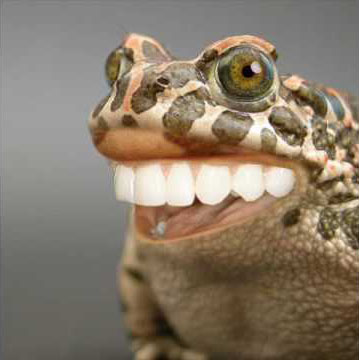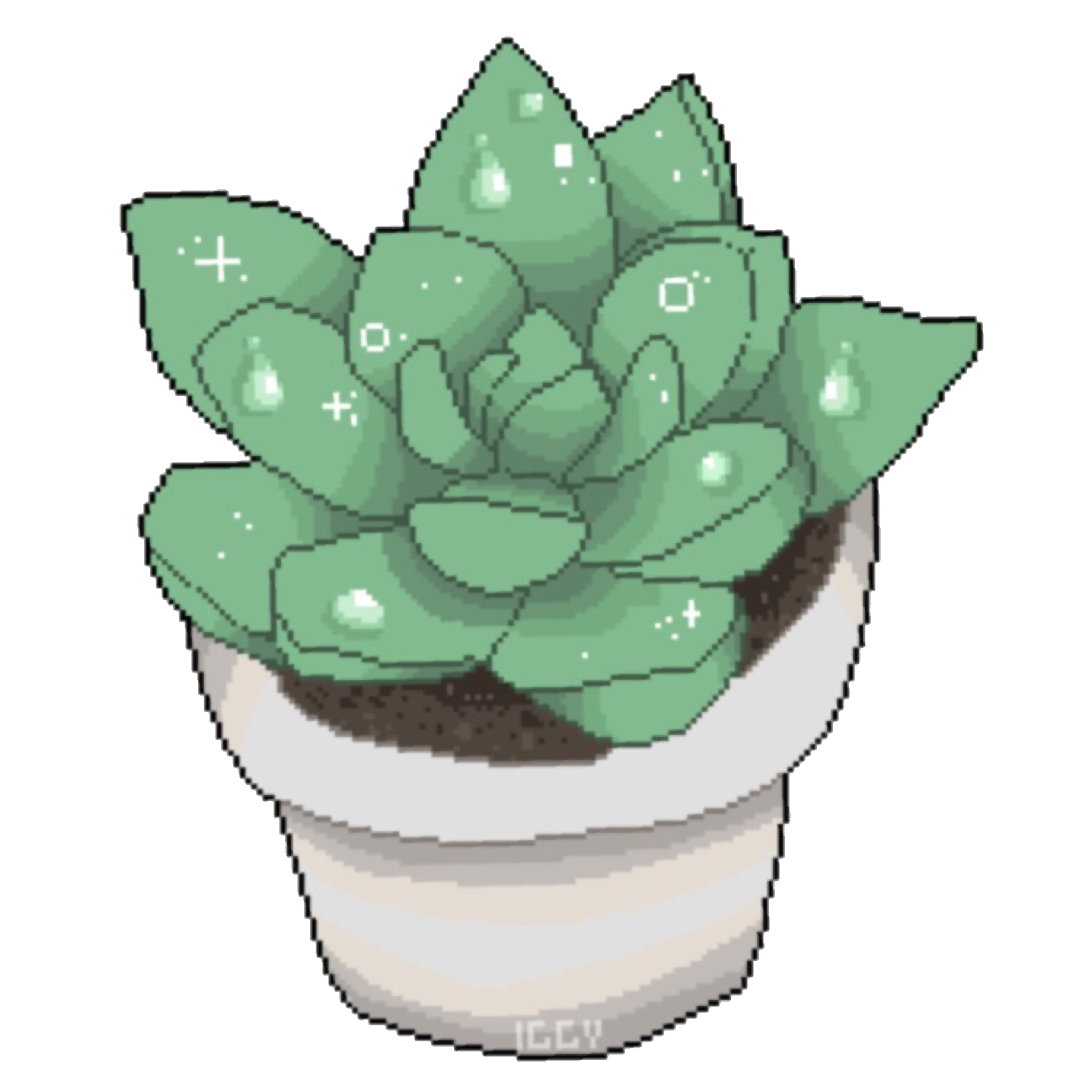Whale sharks are the peak of fishitude, my friend
spinnetrouble
- 0 Posts
- 28 Comments
“It’s important to have a job that makes a difference, boys. That’s why I manually masturbate caged animals for artificial insemination.” – rando convenience store customer in Clerks, 1994

 17·2 months ago
17·2 months agoNow we know where reddit took their profit strategy from

 53·2 months ago
53·2 months agoShit, some of them charge the authors to publish.

 2·4 months ago
2·4 months agoStep 1: Colonize Mars
Step 2: Treat Mars like an Earth colony instead of an independent nation and make them really resentful of it lol

 5·4 months ago
5·4 months agoIt sounds counterintuitive at first, but if you think of real world examples, it makes a lot of sense. It’s the entire principle that casinos and blind bag toys operate on: you do the requested action (like placing a bet or buying the blind bag), you get something you didn’t want or expect, and you get a little mad that it didn’t go the way you wanted, so you do the requested action again. When it does end up giving you what you wanted, all the times you did the requested action get reinforced, not just the ones where you got the optimal outcome, like a big, “HAH! I knew I was right, I just needed to keep going until my ship finally came in!”
I don’t know what other psychology concepts have similar reliability, but another really interesting one is “diffusion of responsibility” or bystander effect in which the more people witness something terrible, the easier it is for everyone to stand around doing nothing because they assume someone else is taking charge. It’s why pointing directly at someone and saying, “You, call 911!” helps.

 7·5 months ago
7·5 months agoI’m not familiar with quilette, but there was a great Washington Post op-ed that broke down exactly why trying to recycle plastic is a bad idea. Here’s a link to it, no paywall: https://wapo.st/3VRnTNl
1.) Plastic breaks down into micro- and nanoplastic particles and get inhaled or consumed by everybody, and we’re just starting to understand how these bits affect our health (like increased systemic inflammation). Recycling facilities breaking down used plastic release untold amounts of plastic bits into their surrounding environments.
2.) “Recycling” old plastic into usable material requires the addition of a LOT of brand new, never-recycled plastic. It’s not a process where you put in used plastics and get some amount of usable plastic out, recycled plastic is like 30% old plastic and 70% new plastic to hold it all together. This is a process we’ve been trying to optimize for 50 years, and the improvements are negligible.
3.) The recycled plastic we get out of it isn’t safe to use for food and drink. (Have you seen those 20 oz. Coke bottles that say “I’m 100% recycled!”? Don’t drink those.) Nobody’s laying down the law and saying they can’t do that, and it’ll be a long time before anyone overcomes the social inertia and corporate lobbyists to stop that from happening.
Plastics are for landfills. I feel like such a piece of shit every time I throw another piece of plastic in the trash, but it’s the option that’s safest for everybody. (I feel like the French climatologist in Project Hail Mary every time.) Recycling isn’t a goal that will help; we need to adapt and reduce how much plastic we use.

 15·6 months ago
15·6 months agoThey missed that thing on Matabele ants treating wounds on each other with antibiotics. The ants have done this for so long that they’ve evolved goo pockets to hold their ant-ibiotics https://www.uni-wuerzburg.de/en/news-and-events/news/detail/news/ant-antibiotics/

 4·6 months ago
4·6 months agoThere’s at least some truth to it: a little disturbance (like wind or someone talking to them and riffling the leaves) helps plants grow stronger stems. I don’t know if there’s any data that differentiates between the effects of a fan or someone telling their plant that they’re loved and appreciated, but who cares? Your plants do better when you talk to them instead of leaving them standing still. 👍🏼

 71·7 months ago
71·7 months agoThat’s really incredible stuff, especially given how not-fun that part of the game was 😅

 2·7 months ago
2·7 months agoIt probably is still legal, but it’s not something I’ve looked for in like a decade. We do have products that use ground kernels, but those aren’t good to use on skin–the milling process doesn’t produce uniform particles and the pointy bits tend to compromise the barrier skin provides with very small tears.
I completely agree that plastic isn’t necessary for good soap, I just like it. I would definitely buy soap made with ecologically responsible plantstic at least once.
More importantly, using safer, scalable, completely biodegradable, algae-based polymers opens up so many more options for single-use products while simultaneously improving environmental quality. Farming algae and seaweeds removes a lot of contaminants from the ocean, like agricultural fertilizer and solid waste runoff. If we can truly scale up ocean farming responsibly, it’ll be its own “teal cascade” in which the benefits multiply with each step in the process.
-
Farming algae/seaweed doesn’t require the use of inorganic fertilizers when you grow them alongside shellfish like oysters, clams, and scallops
-
Increased protein production through shellfish reduces reliance on agricultural livestock for meat (which is incredibly damaging to the environment)
-
Algae/seaweed can replace fossil carbon in fertilizers and plastics, and reduces cattle methane emissions by 20% or more when added to their regular feed
At each step, we can take more and more petroleum out of the equation just by using methods that are better than sustainable, they actually remediate existing harm.
Plus, I get my scrubby soap back.
-

 5·7 months ago
5·7 months agoI cannot possibly be the only person who misses the soap with the plastic bits in it. If they could do that without the environmental damage (I’m looking at you, Great Lakes ecosystem), I’d be into it

 51·7 months ago
51·7 months agoPart of me agrees with you; part of me is yelling, “Yeah? Many? Name five!” (Admittedly, that’s the American part and it’s kind of an asshole.)

 8·7 months ago
8·7 months agoI feel like IT could yell at OP for a little bit, but would ultimately have to stare the fact that they allowed non-privileged users to just change the operating system square in the face. Like holy hell, 500 employees and anybody can just be like, “Hey, maybe I’ll make a major OS change today because why not?” What else are they letting happen?!

 6·7 months ago
6·7 months agoYeah. Cats are really, really good at making it clear they understand when you’re calling for them and they’re choosing not to respond. I figure it’s fair; there are plenty of people I wouldn’t cross a room to talk to, either

 3·8 months ago
3·8 months agoHold on, shifting paradigm
Kinda wish I’d taken some comparative biology when I had the chance

 6·9 months ago
6·9 months agoI interned with a hematologist who was incredibly excited to show me a slide of hairy cell leukemia, the one case he’d seen in his career (like 20 years by then). That was just a microscope slide, I can’t begin to imagine how bad the loss of research samples would be on someone.

 17·9 months ago
17·9 months agoThe failure was in supplying nitrogen to an array of 16 freezers. Unless samples were split and stored in different arrays without the same coolant source, they’d still have lost everything.
It would be easy enough to create multiple sample sets to be stored that way, but it’d add an extra variable researchers would need to account and test for in their work as well as reducing sample capacity by at least half. A place as mighty and prestigious as the Karolinska Institute probably has a ton of graduate researchers, too, and everybody knows those people just graduate and leave all their shit behind without clearing out old samples.
The whole thing is heartbreaking.

 7·9 months ago
7·9 months agoI’m happy that researchers are publishing their data on this, but I wish they’d include discussions of some of the bad faith antics organizations are pulling while pretending to push return-to-office (RTO). This goes way beyond reasserting control over their employees, like the firms owning those buildings and expecting rent from same-site retail businesses that need the higher foot traffic RTO could bring or wanting to do a round of layoffs without paying for severance.

Costume Quest